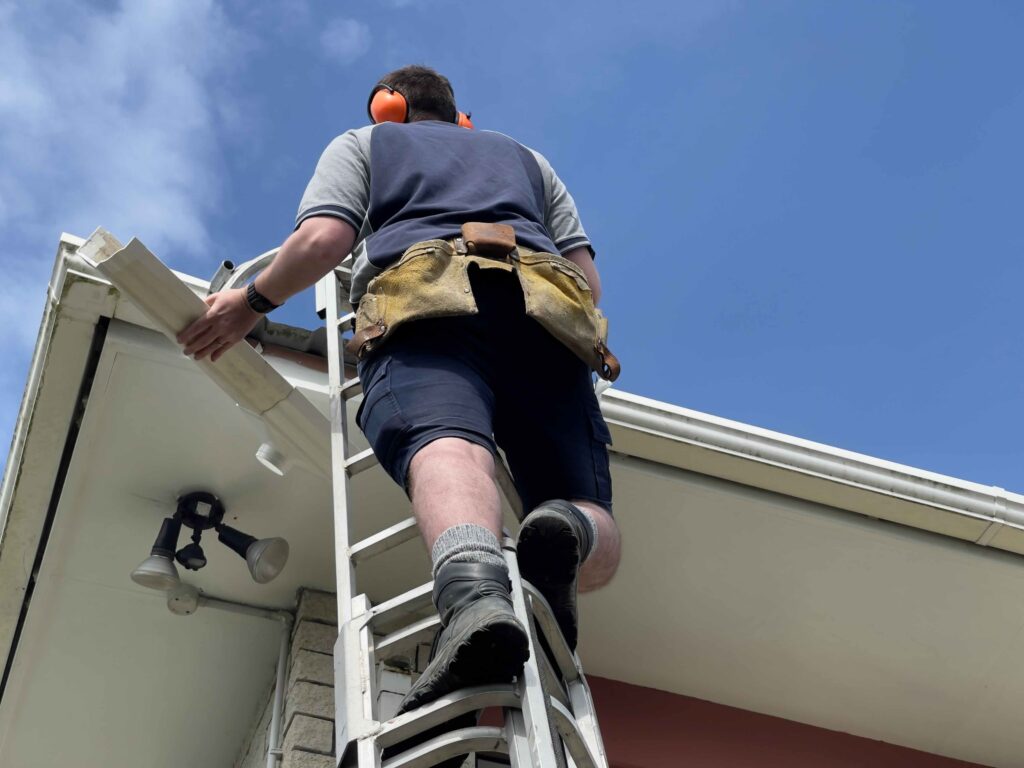
2025 pricing change
Frequently asked questions
We deliver electricity to homes and businesses across the Whangārei and Kaipara Districts. We look after the power lines, poles, and equipment that keep your electricity flowing, including all the transformers and substations. We are one of 29 electricity distribution companies in New Zealand.
We will be updating the prices we charge electricity retailers, starting from 1 April 2025. For an average household, the cost of delivering electricity (lines charges) will increase on average by $12 per month (14.7%). This cost is charged to electricity retailers, who then decide how to include it in your power bill.
There are a few main reasons:
- Higher running costs – The price of fuel, labour, equipment, and materials has gone up, making it more expensive to maintain the electricity network.
- Investment in the network – We are replacing and upgrading old equipment to keep the network safe and reliable.
- New rules from the Commerce Commission – Changing rules mean pricing is now required to better reflect past investments in the network.
- Increased transmission and regulatory costs – We are required to pass these costs on as part of industry rules.
We know price increases aren’t easy, but they will in turn help ensure a reliable, safe, and future-ready electricity network for our community.
For an average household in the Whangārei and Kaipara Districts, lines charges will increase by about $12 per month (14.7%). The increase in your total power bill will depend on your electricity use and how your retailer structures pricing.
Yes. Northpower and the Northpower Electricity Trust are providing a discount of about $16.8 million to our customers. The amount you receive depends on how much electricity you use between 1 April 2025 and 31 March 2026. The maximum discount per household is $275.22 (plus GST) and will be applied to your power bill in May or June 2026.
Your power bill includes different charges:
- Northpower’s charges – about 27% of your bill
- Transpower’s charges (for the national grid) – about 11%
- Other costs – electricity generation, retailer fees, metering, and GST – about 62%
Retailers decide how to pass on our charges. If your bill has increased more than expected, check with your electricity retailer.
From 2026 to 2030, price increases are expected to be smaller. The Commerce Commission estimates that household power bills will rise by about $5 per month ($60 per year) nationwide, though regional increases may vary.
Lines changes in your power bill help to:
- Maintain and upgrade power lines and equipment, continuing to increase reliability and safety.
- Reduce the risk of vegetation causing outages.
- Respond quickly to power faults to restore power to households.
- Support future energy needs, including new connections and renewable energy.
- Pay our share of Transpower’s national grid costs.
Electricity prices depend on many factors, including inflation, network investments, and regulatory decisions. The Commerce Commission reviews pricing every five years, with the next review in 2029.
We understand price increases can be challenging. Here are some helpful resources to help you manage:
- Use our Savings Calculator to get power-saving advice around your household
- Find the best power plan at Powerswitch – most households who switch retailers save an average of $400 (per year!)
- Financial support and budgeting help: MoneyTalks or call 0800 345 123
- Low-user plan phase-out assistance – Contact your retailer to see if you’re eligible for a one-off $110 payment.
There are support options for some electricity users. Check with Work and Income or your electricity retailer to see if you qualify.
If you would like some advice on how to save power to keep your bills low, check out our new Savings Calculator.
Northpower, in partnership with Ecobulb, is running a Home Energy Education programme providing in-home energy assessments to households across Whangārei and Kaipara, providing independent and helpful advice to whānau helping them to save money on their power bills.
Lines charges cover the cost of building, maintaining, and operating the electricity network. These charges help keep power reliable and safe for everyone.
New Zealand is moving away from fossil fuels like petrol and coal and using more electricity instead. This means we need to invest in upgrading the electricity network to support things like electric vehicles. Take a look at the improvements we’ve made to date.
Higher interest rates make it more expensive by increasing the cost of capital needed to build and maintain electricity infrastructure. The Commerce Commission considers these factors when setting price limits for electricity distribution companies like Northpower.
Retailers structure their pricing differently. If you have concerns, contact your electricity retailer directly. You can also compare your electricity costs on Powerswitch to see if another retailer has a plan that better suits your needs.
Here is how you can understand your power bill better. The Utilities Disputes website also has a simple guide to help.
Get support


Advice hub

Time to change retailers?

Home energy education programme

